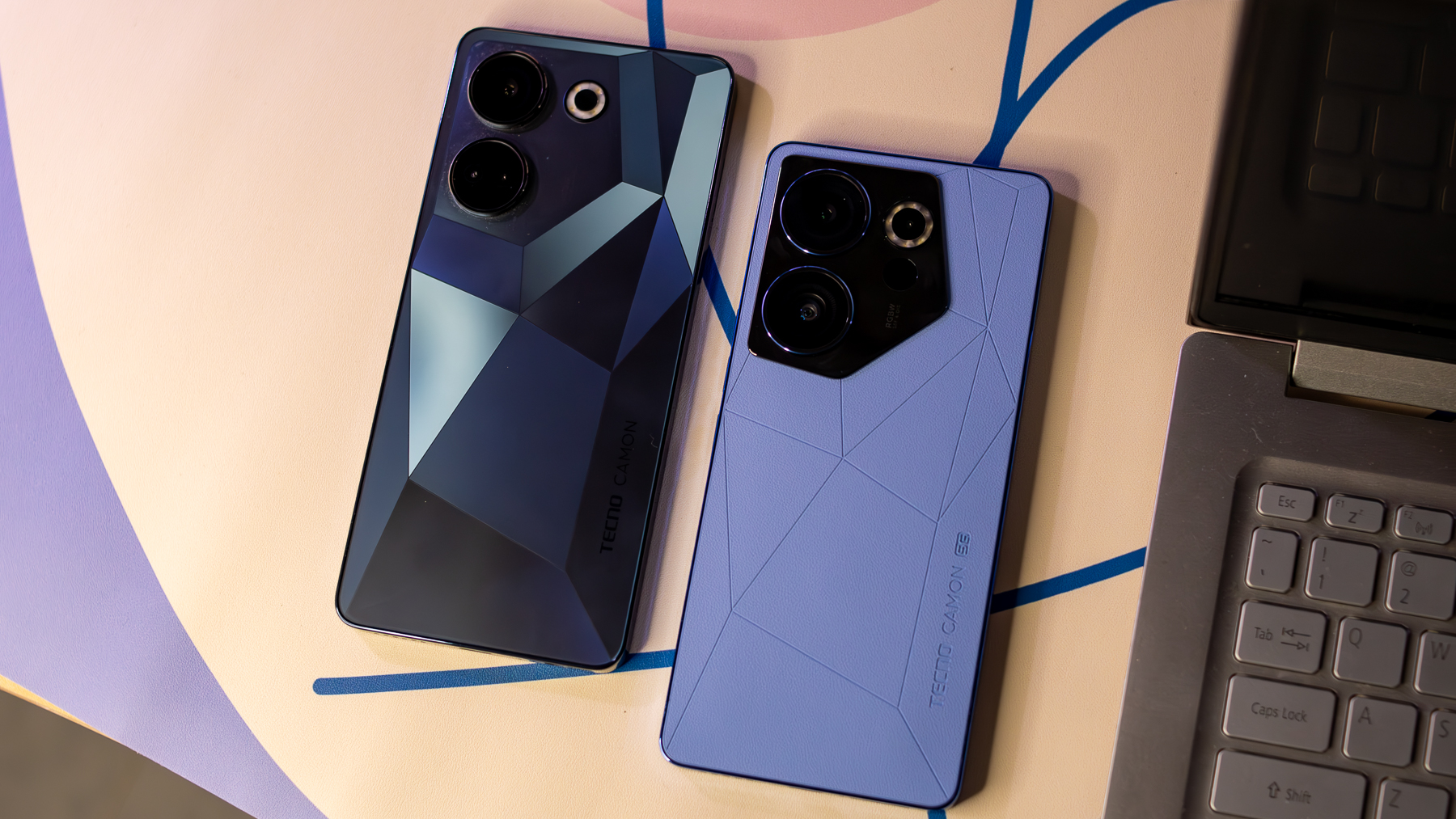
The sub-$250 smartphone game is getting pretty intense. Big players like Samsung are throwing down with the Galaxy M14, and Redmi's Note series is in the mix too. In this crowded space, a phone needs to do something special to stand out.
Tecno is one of the many Chinese brands that throw some interesting stuff into the mix. I reviewed the Tecno Spark 9 Pro not too long ago, and despite a few hiccups, it's a solid pick for gamers. Now, the Camon 20 Pro and 20 Premier are stepping into the mainstream smartphone scene, facing higher benchmarks and expectations. Curious about what's good and what's not? Dive into my detailed review.
Tecno Camon 20 Pro and Camon 20 Premier: Price and availability

The Tecno Camon 20 Pro (4G) is available in India for ₹16,990, or approximately $200. For the price, you get 8GB of RAM and 256GB of storage. It's also available in the Middle East for 779 AED.
Meanwhile, the Tecno Camon 20 Premier 5G is priced at ₹24,999 in India, where it packs 8GB of RAM and 512GB of storage.
Tecno Camon 20 Pro and Camon 20 Premier: Build and design
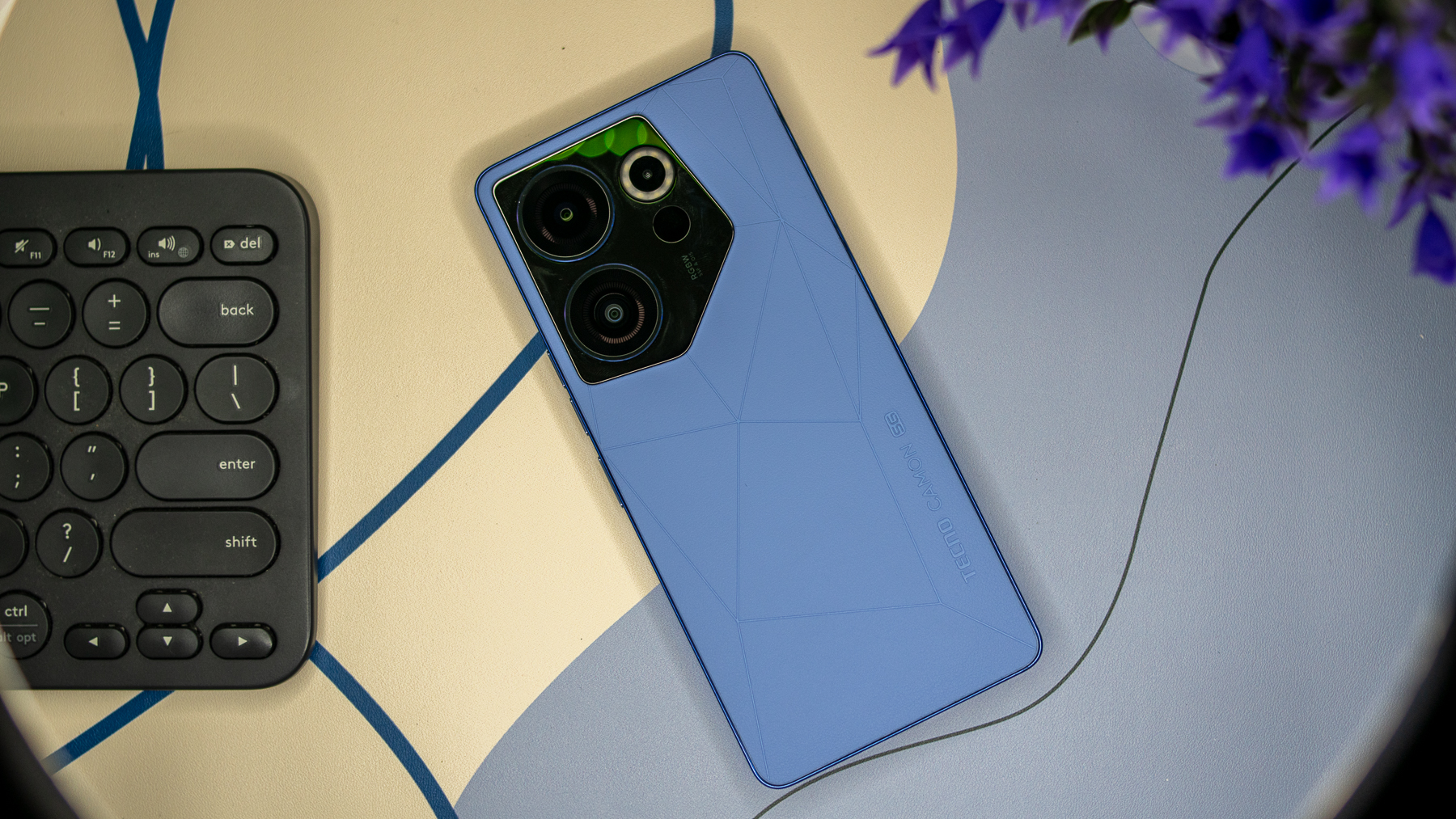
Talking about the build quality, both these phones have a pretty similar feel. They both rock soft plastic backs, so neither screams luxury when you hold it. The Camon 20 Pro is the least premium, mainly because it's the lighter one of the duo and uses a less powerful chipset.
These models are jumping on the bandwagon of modern Android smartphones, flaunting a puzzle deconstructionist design (as per the brand's official lingo). Taking cues from postmodern architecture, they sport a textured leather back featuring a distinctive pattern and a camera module shaped like a pentagon.
The design doesn't just bring a bit of luxury to the table but also cleverly keeps fingerprints and smudges under wraps. The Camon 20 Premier carries a bit more heft. You'll definitely feel it, especially if you switch to the Pro after using the Premier for a while. The Premier just gives off a more robust and solid vibe in terms of build.
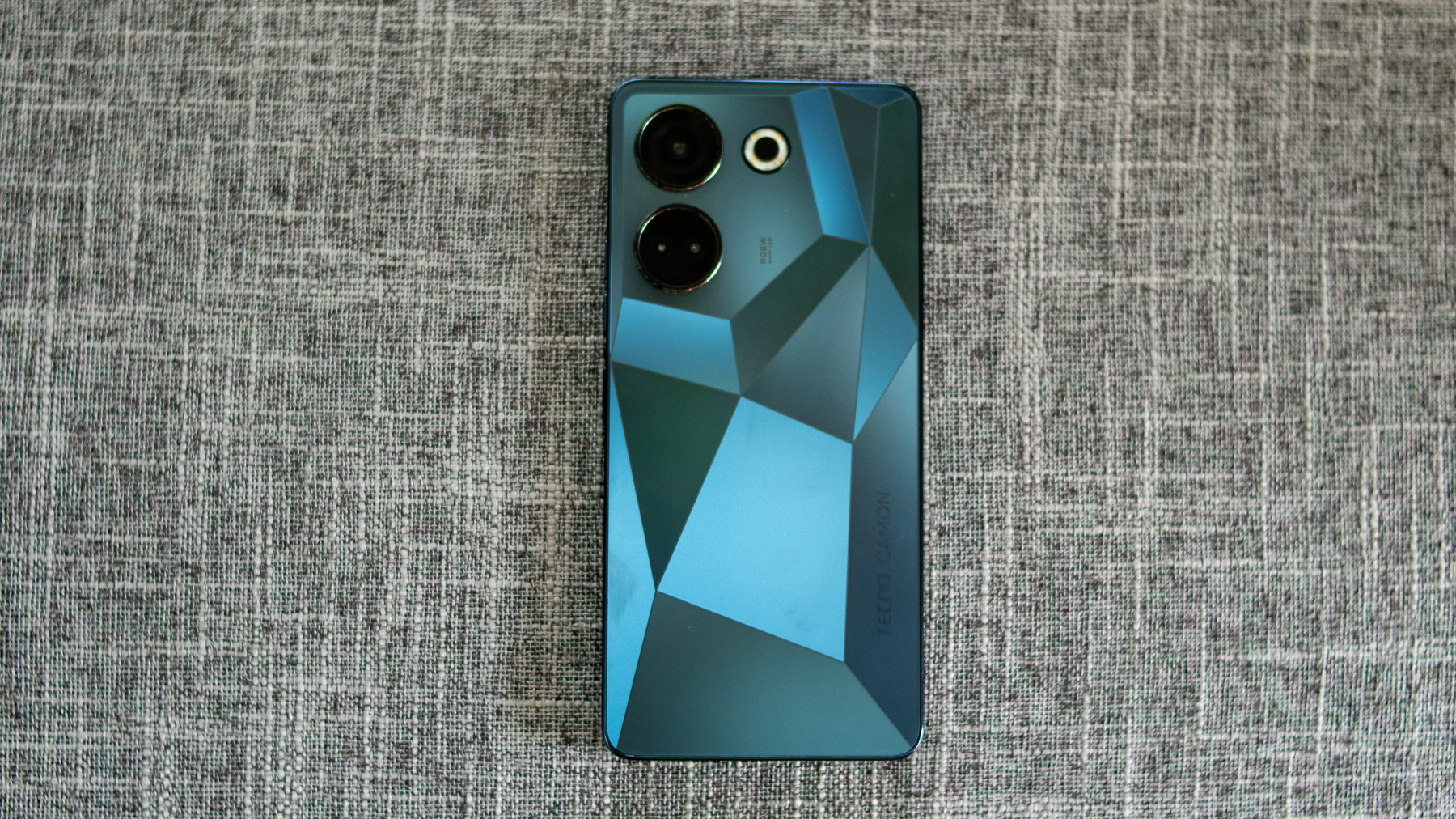
At a sleek 7.8mm, the Camon 20 Premier is impressively slim, boosting its overall charm. Plus, the smart placement of the volume and power buttons on the right side ensures effortless access and comfy handling.
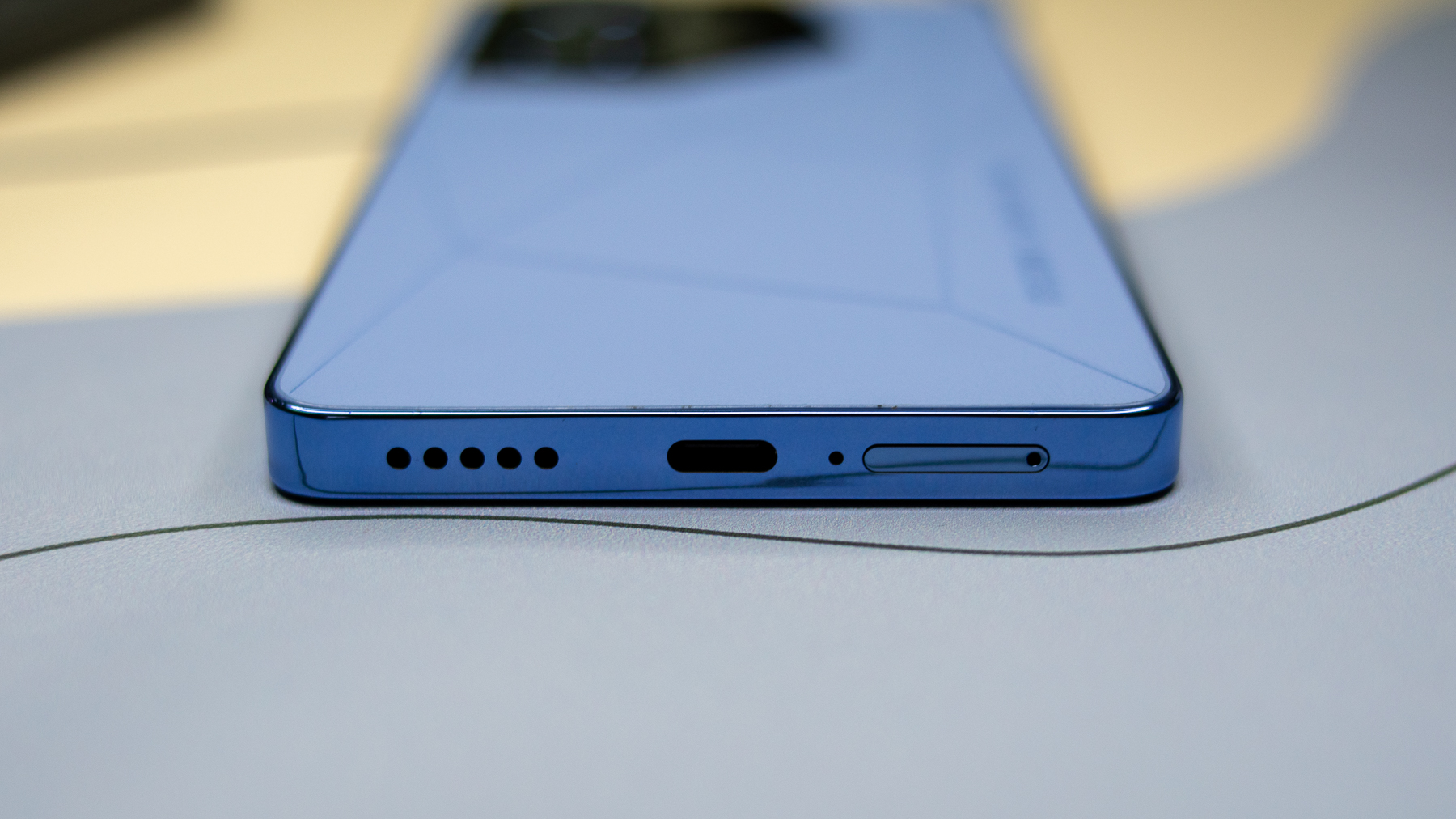
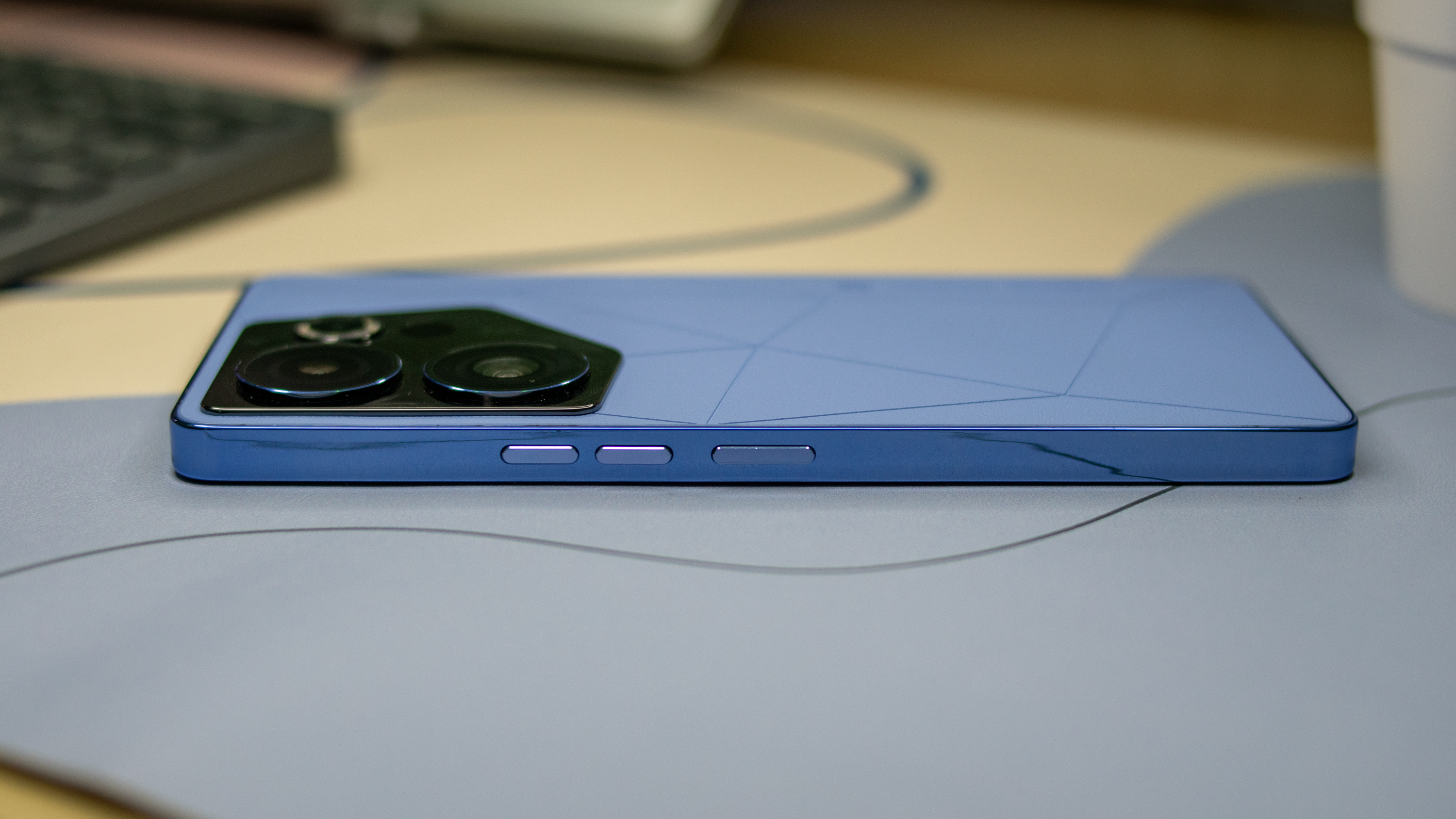
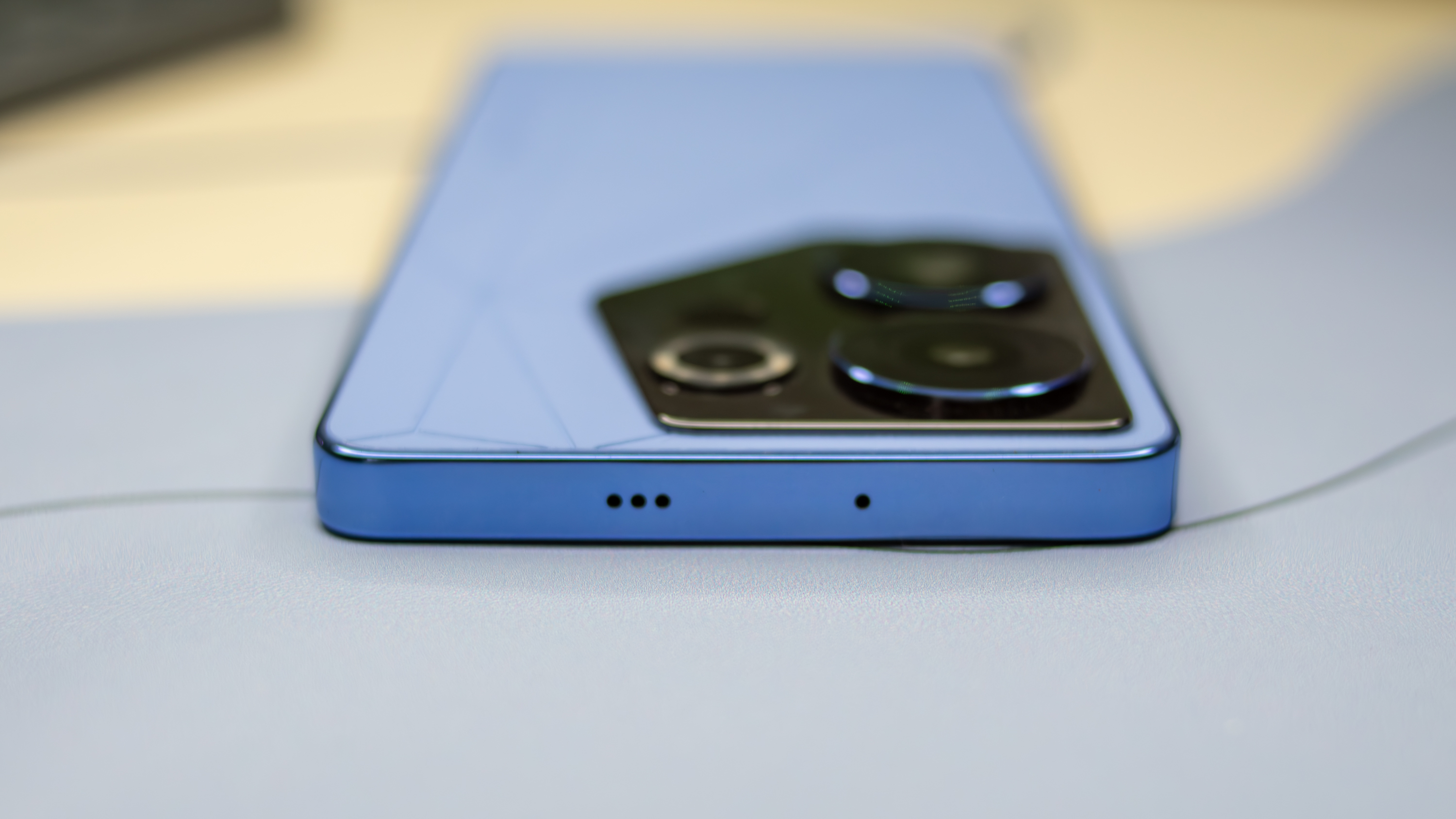
When it comes to ergonomics, both models go for flat edges instead of curves, ensuring a comfortable grip. The main design distinction between these phones boils down to the camera setup. The Premier has sensors, while the Pro only comes with two lenses.
Additionally, the Camon 20 Pro rocks an irregular pentagon area around its camera package. On the other hand, the Premier sports the same pentagonal shape around its camera package, but there's a metal piece surrounding the lenses.
At the end of the day, these are solid mid-range phones, and you can feel it when you get your hands on them.
Tecno Camon 20 Pro and Camon 20 Premier: Display
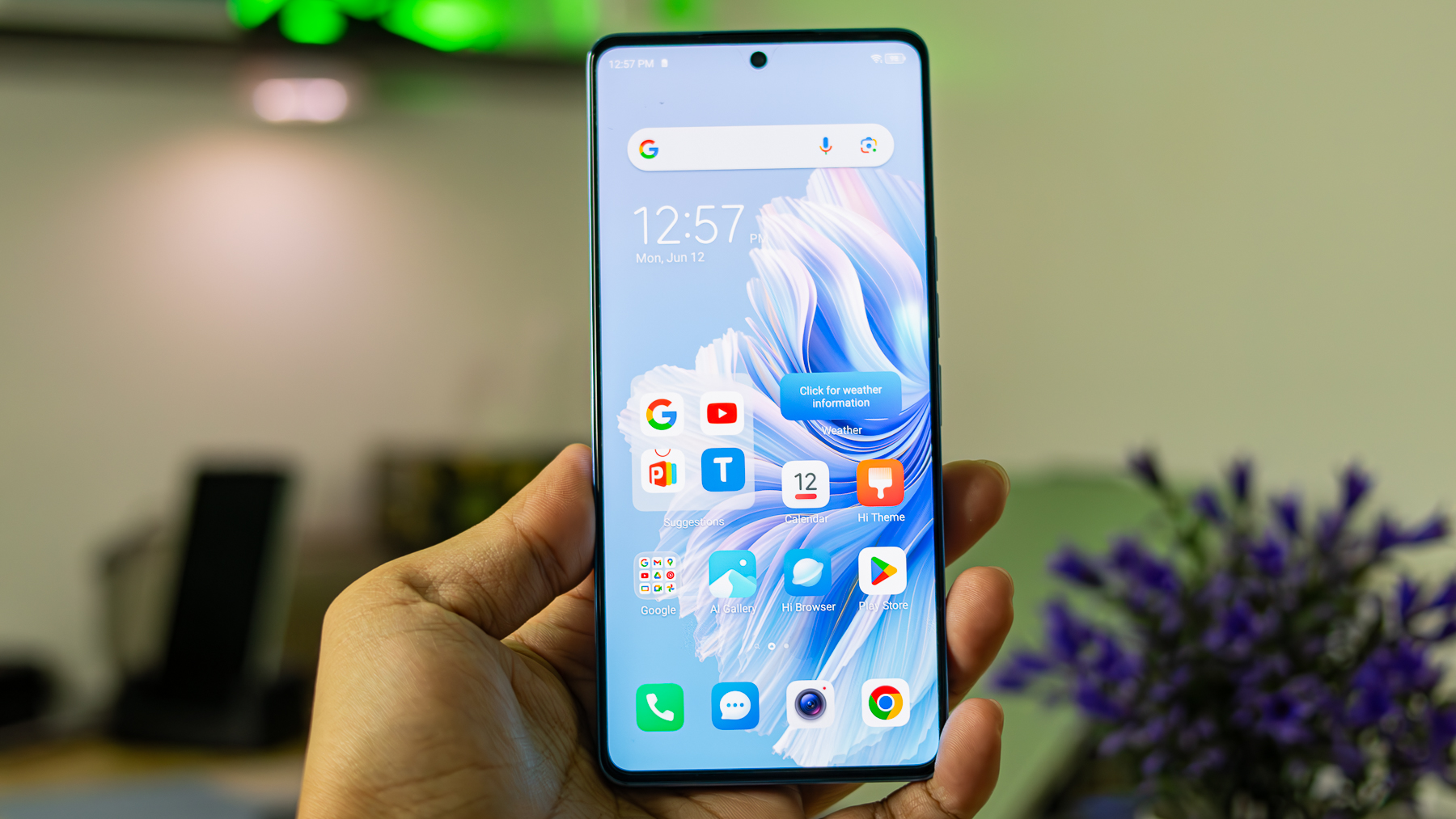
The Tecno Camon 20 Pro and Camon 20 Premier sport a 6.67-inch AMOLED display, boasting a 1080 x 2400 resolution. These specs are right in line with what you'd expect in this price range. Both models flaunt stunning OLED displays that steal the show. I'm talking images that pop with deliciously vibrant colors. It's easily one of the best things about these phones.
With a high color gamut, these phones guarantee vibrant and lifelike visuals. What's more, the 120Hz refresh rate ensures silky-smooth operation and fluid animations. And here's the cool part — you can tweak the refresh rate on the fly or stick to fixed options like 60Hz, 90Hz, and 120Hz. That kind of customization is a bit of a rarity in mid-range smartphones.
When I was flipping between web pages and the home screen on the smartphone, I couldn't ignore a bit of lag on the screen. To tackle this, I stuck with the 120Hz setting as my default. Sure, it took a toll on the battery, but nothing that would throw a wrench in your productivity.
The display here is a stunner, boasting slim bezels, killer viewing angles, and top-notch brightness levels. It's so good that even under direct sunlight, the text remains crystal clear and easy to read.
Tecno's got your eyes covered too – the Camon 20 Premier is TUV Rheinland certified for eye protection. That means you can enjoy a safe and comfy experience even during those marathon device-use sessions.
Regardless of which model you go for, you're in for an absolutely amazing viewing experience.
Tecno Camon 20 Pro and Camon 20 Premier: Software
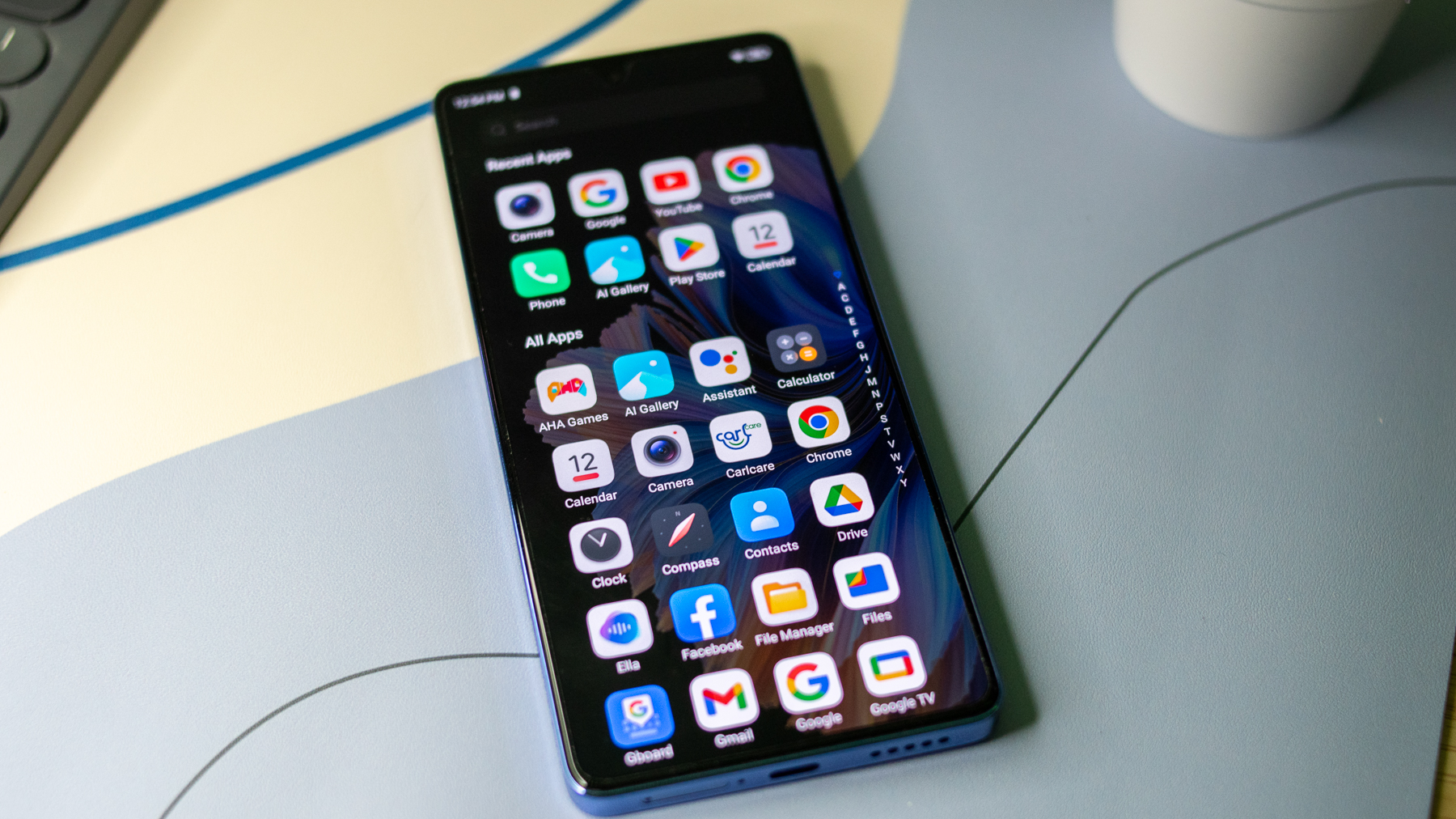
Both these phones ship with the same version of HiOS, specifically version 13, based on Android 13. When it comes to software, there's not a single difference to be found.
Straight out of the box, these smartphones pack some bloatware, including AHA Games, BoomPlay, and Hi Browser. Now, while some apps are there to stay, like Hi Translate, which is Tecno's take on Google Translate, not everything is everyone's cup of tea. Hi Translate does its thing, translating speech to text in various languages, and it's a neat concept. If the speech is on the slower side, it's pretty accurate, but things get a bit tangled up if it's speed-talking.
Tecno has thrown in its own virtual assistant, Ella, to amp up interaction with the device. What caught my eye was the boatload of customization options. It's a playground for tweaking the home screen—you can mess with icon sizes, grid layouts, page animations, notification badges, and a bunch more.
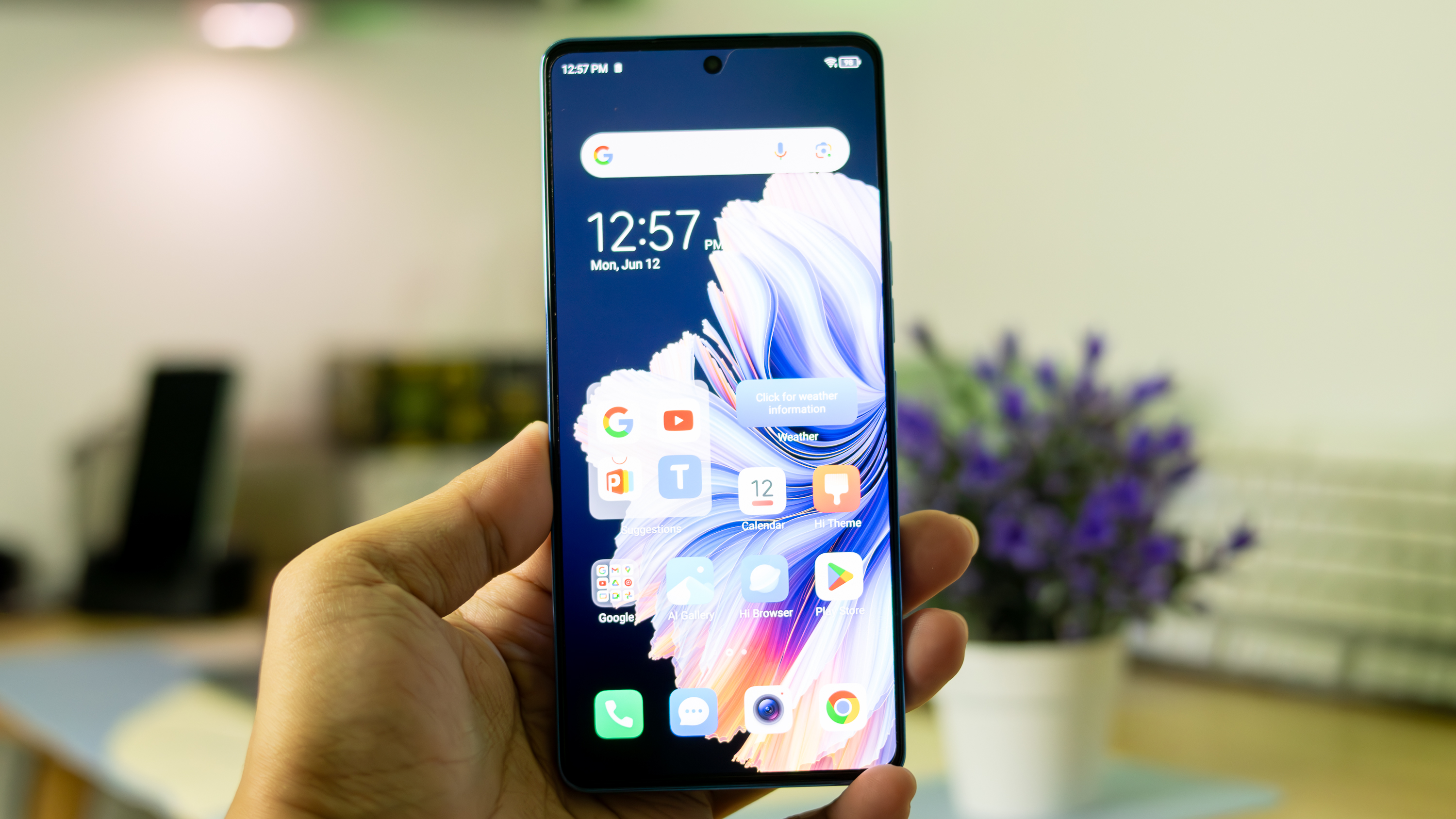
However, unlike many of your favorite Android phones, Tecno is only promising one major software update. So, when Android 14 becomes available for these devices, you can bet your phone will be in line for the upgrade. And that's not all — Tecno's throwing in a two-year guarantee for monthly security patches.
The user experience on the Camon 20 series is a good time, with just a few hiccups. It's a solid choice if you're cool with getting used to a fresh UI. But, if you're all about that conventional look, you might want to give this one a pass.
Tecno Camon 20 Pro and Camon 20 Premier: Performance and battery
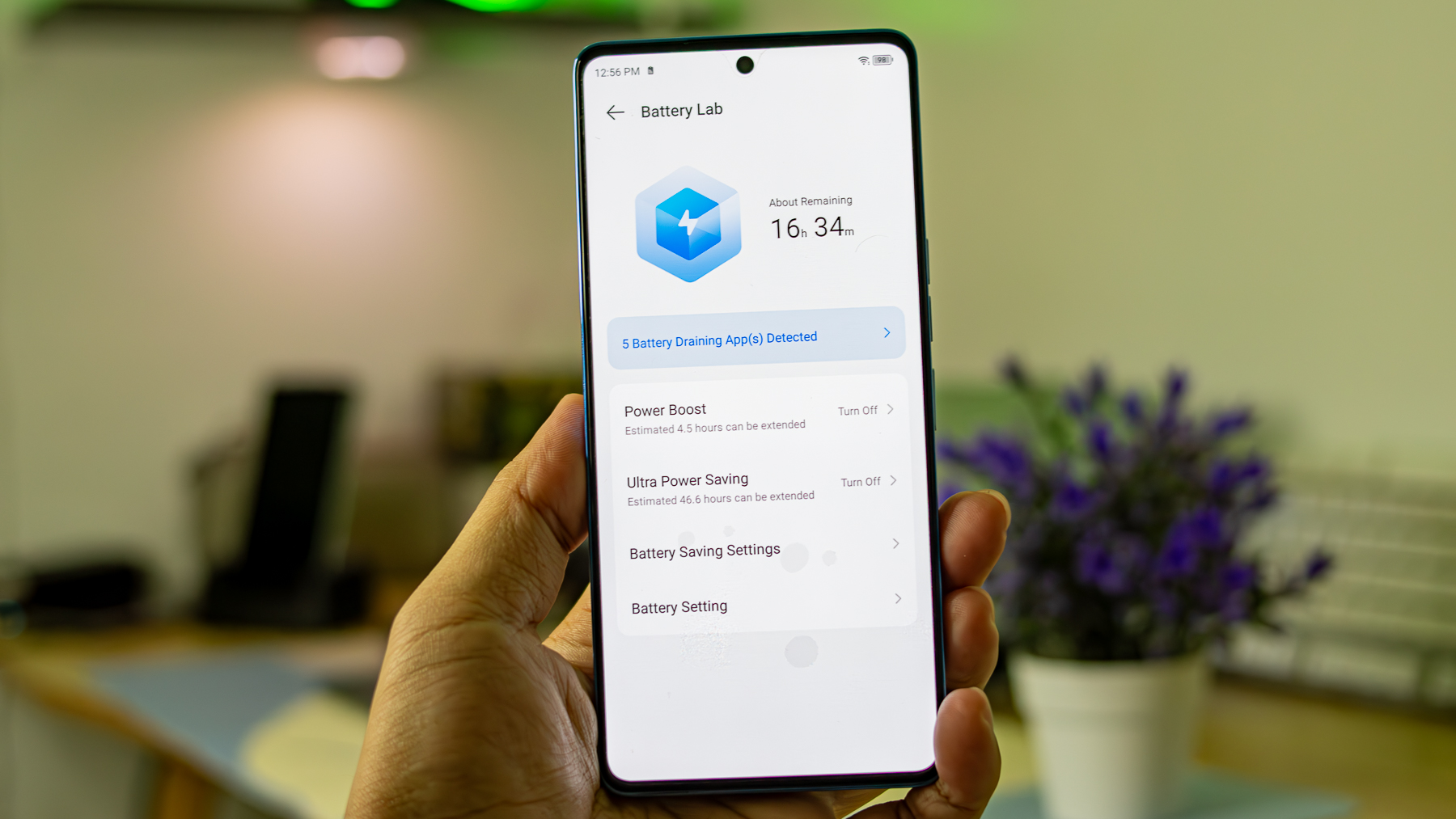
Ideally, the Camon 20 Premier looks like it should be the clear winner. It packs a beefier processor, the MediaTek Dimensity 8050, while the Pro is powered by the MediaTek Helio G99.
The Premier also comes with 8GB of RAM and a roomy 512GB internal storage. What makes it stand out is the slick integration of Android's latest memory fusion feature, giving it the power to boost available memory by an extra 8GB of RAM.
The Camon 20 Premier is also equipped with a generous 8GB of RAM and a spacious 512GB internal storage, while the Pro is limited to 256GB. Even though the Camon 20 Pro isn't rocking a flagship SoC, it pulls its weight quite nicely, especially considering the wallet-friendly price. I faced no hiccups or slowdowns when handling my go-to communication and navigation apps. Plus, it offers a decent browsing experience.
Talking day-to-day performance, both these phones keep up the pace without hitting the brakes. I put both of them through the wringer, and regardless of the processor, they delivered consistently smooth performance for light tasks. Whether it was video-watching, work tasks, social media scrolling, or snapping photos, these phones just refused to give in.
The phones got pretty hot during long sessions, slightly affecting performance, but it didn't ruin my overall experience.
However, don't expect these phones to handle heavyweight games as gracefully as gaming-specific devices do. Still, they manage to serve up some enjoyable gameplay in popular titles like PUBG Mobile, even if you need to dial down the graphics settings a bit. One setback I noticed during marathon sessions was the phones heating up quite rapidly, which did have a slight impact on overall performance.
These phones ship with a similar battery size. Sporting a 5,000mAh battery each, they're both set to keep you company for about a day and a half on a single charge with moderate to light usage. If you're more of a heavy user, you can still count on getting through a solid day.
When it comes to juicing up the battery, the Premier steals the spotlight. With a 45W charger included in the box, the Camon 20 Premier pulls off the impressive feat of going from zero to fully charged in less than 50 minutes. Now, that's something to cheer for, especially when compared to other phones in the same price range that might take longer to recharge.
In my time with the phone, I noticed it could handle heavy usage like a champ, offering up to six hours of screen-on time. So, even if you're diving deep into power-hungry apps and features non-stop, this phone manages to keep its head above water for a solid stretch before calling it quits and needing a recharge.
Meanwhile, the Pro packs a 33W charger in the box. That translates to a recharge time of around 90 minutes.
Tecno Camon 20 Pro and Camon 20 Premier: Camera
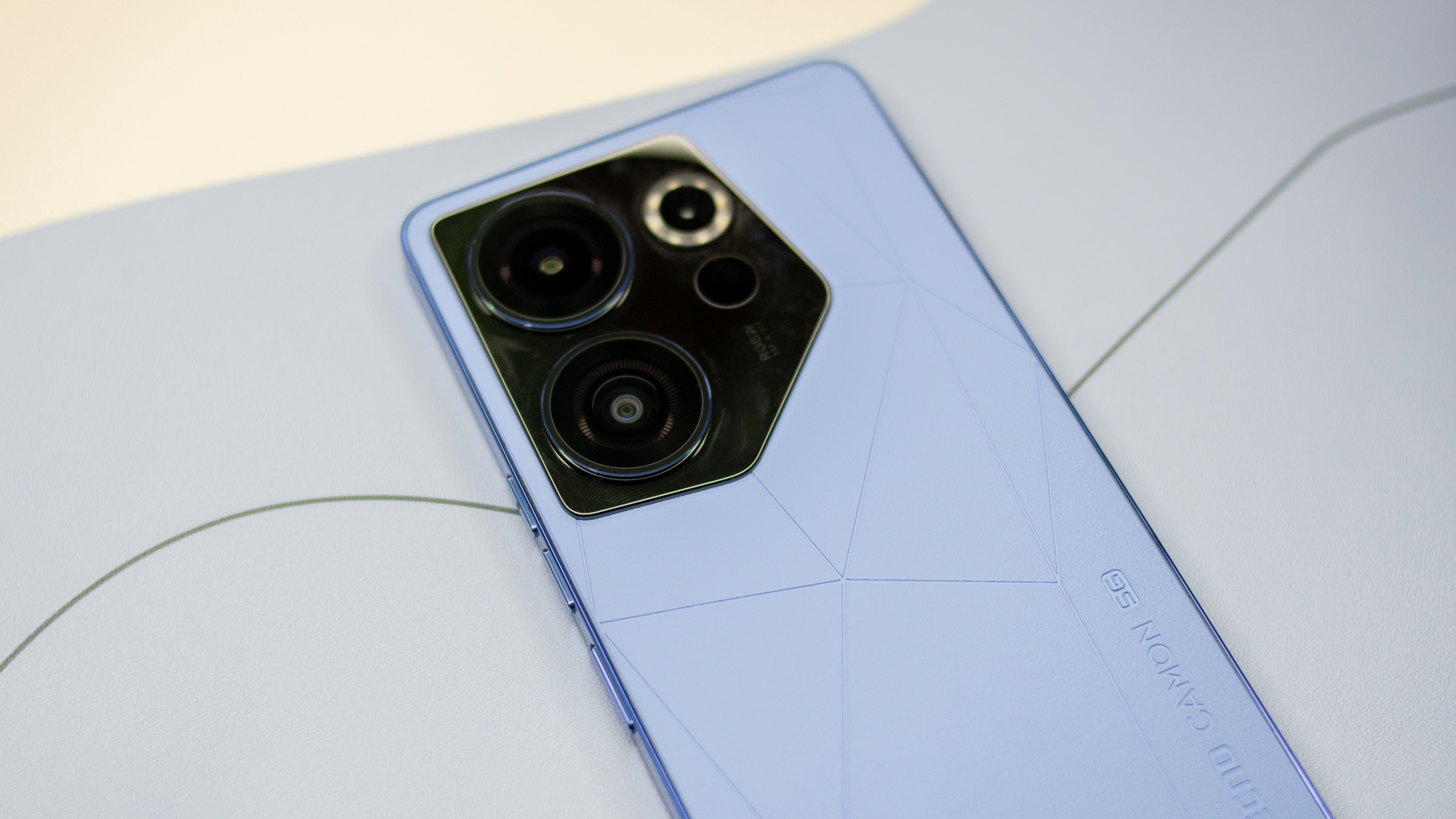
The camera department is where these two phones really show their differences. The Camon 20 Premier steals the spotlight with its camera system. Sporting a primary 50MP lens armed with Tecno’s RGBW technology, it shakes things up. This technology swaps out the traditional RGGB color filter's "green" array for a "white" one, allowing the RGBW sensor to snatch up more light. The result? Brighter and more detailed photos that really stand out.
Combine all these features, and you've got a recipe for some fantastic pictures. The camera nails the color tones, staying true to the source, and the images come out sharp with loads of detail.
The 108MP ultrawide shooter pulls its weight, delivering landscapes with crisp detail. On the flip side, the 2MP depth sensor camera stumbles a bit when it comes to portrait shots. The edge detection falters, especially in low light conditions.
Tecno Camon 20 Premier sample shots




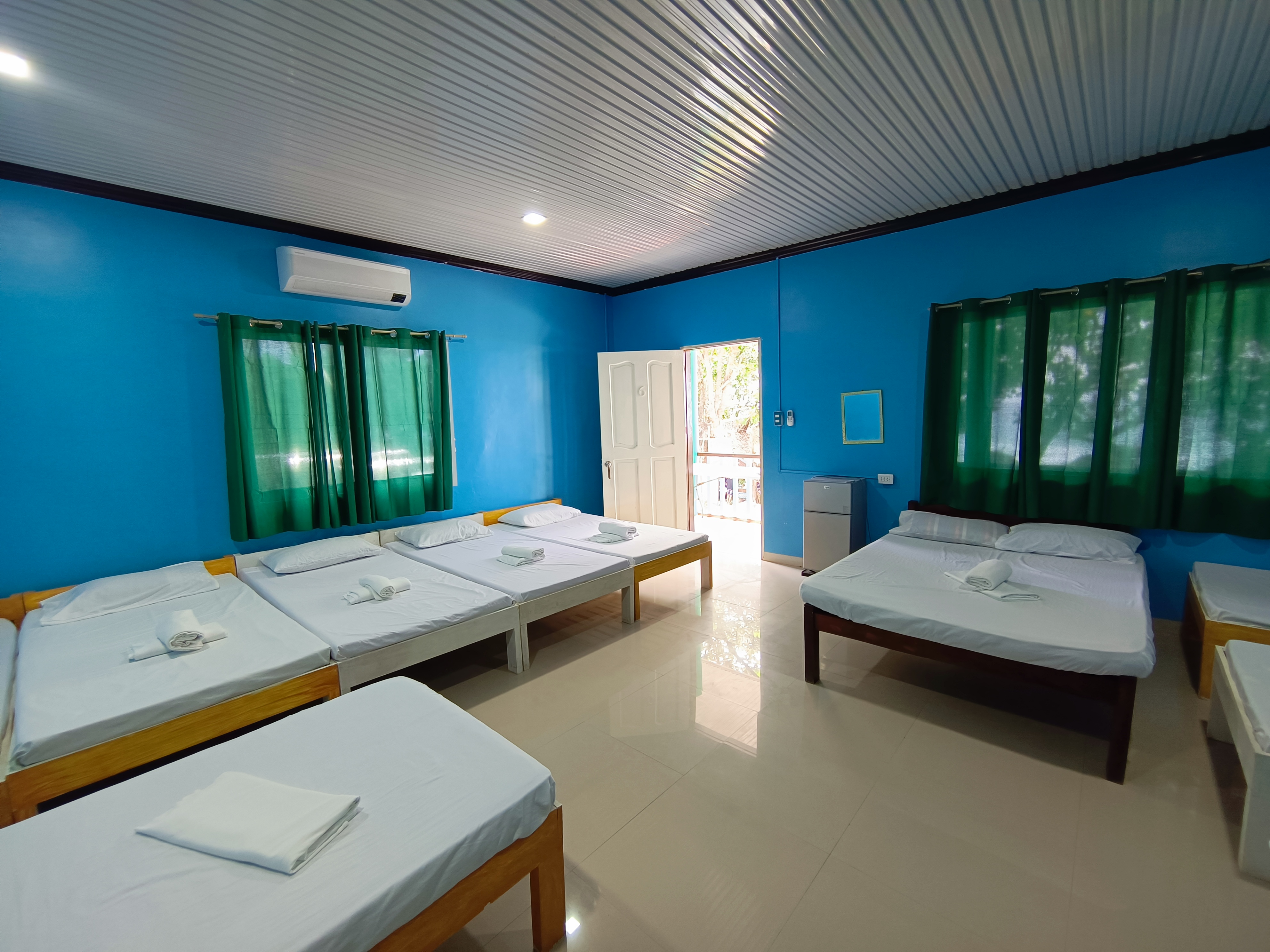



However, with a bit of effort, you can still manage to get good shots. The camera app also throws in some special filters for portrait shots. While not as extensive as those on premium smartphones, they do add a creative touch to your photos.
I found myself leaning towards snapping pictures without AI, as the results often looked artificial otherwise. The Camon 20 Pro echoes a similar sentiment. Camera performance hits the mark as long as the AI feature is switched off. Once you enable AI, it tends to go overboard with color saturation, leading to images that feel unnatural, with a noticeable loss of details and dynamic range.
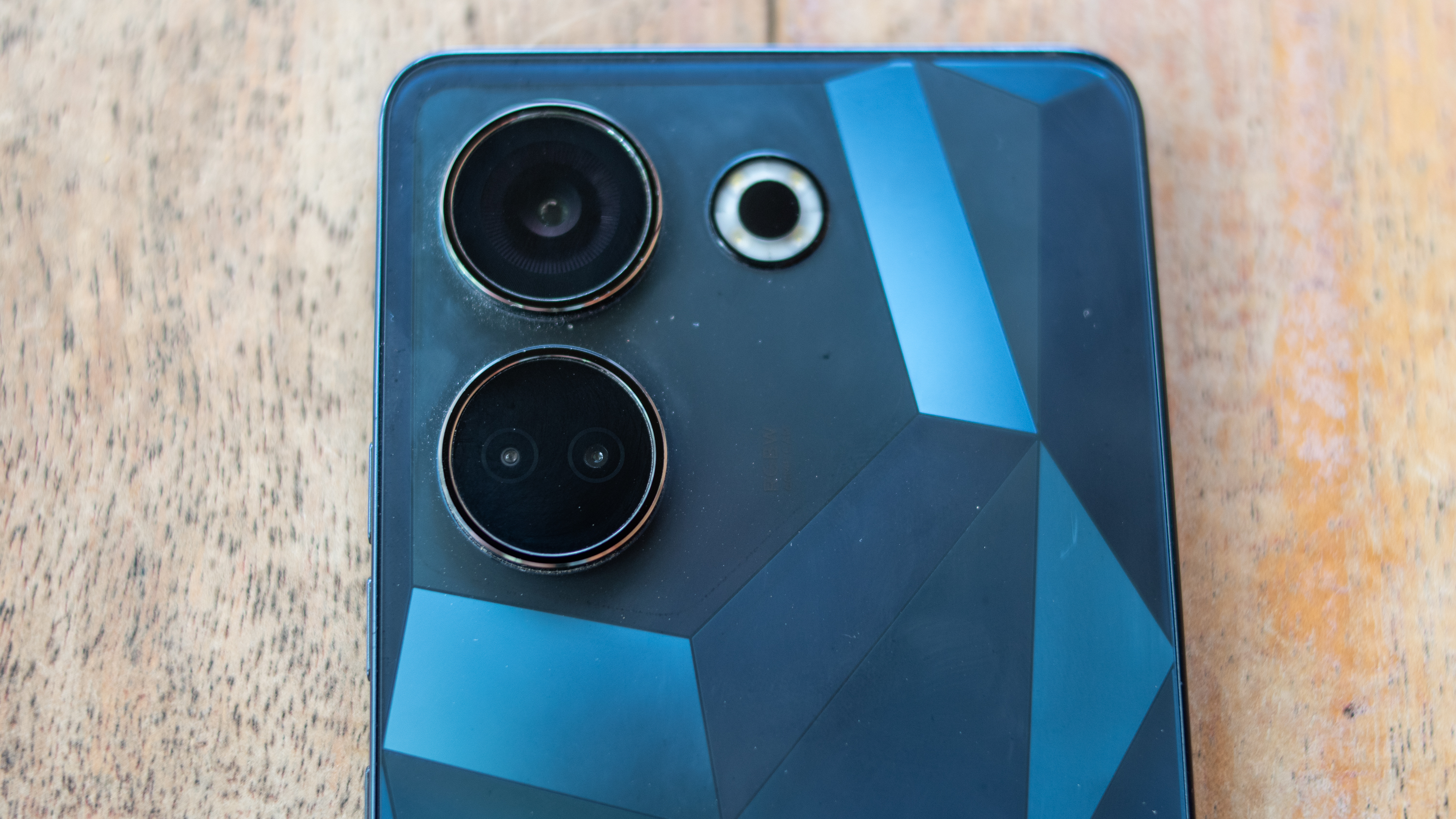
Switching off AI brings a positive change, as the images come out more balanced with sharp details, realistic shades, and well-preserved highlights. When it comes to capturing night videos, the smartphone does face some challenges with noise and light detection, but all things considered, it holds its own, especially considering its price. In indoor or dimly lit settings, details might appear a bit soft, and colors may lean towards slightly pale.
The cameras on both models record videos at 30FPS, which works well for casual shooting and Instagram stories. But if you're a content creator looking for more options, you might want to explore other choices.
Tecno Camon 20 Pro 4G sample shots





The selfie game here is good. The 32MP sensors on both models can capture some decent images, especially when the AI is turned off (again). That said, the AI filter is quite advanced, allowing you to tweak your entire face, from cheeks to jawline.
When the sun's out, the front camera does its job, snapping up decent selfies with good detail and accurate skin tones.
Tecno Camon 20 Pro and Camon 20 Premier: The competition
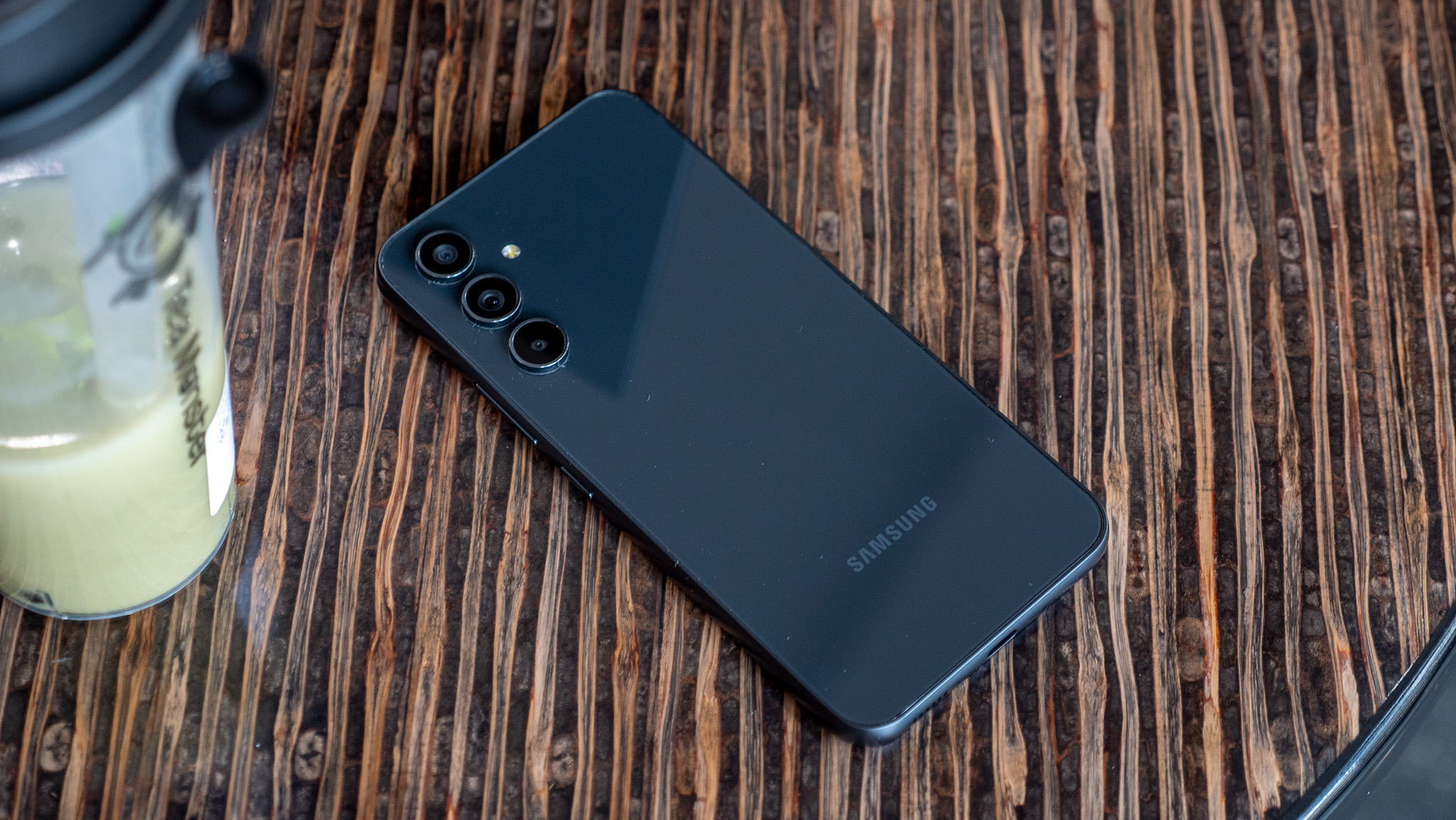
If the Tecno Camon 20 series isn't your vibe, there are other options in the market. Take the Samsung Galaxy A54, for example. Priced a bit higher at $450, it boasts a 6.6-inch Super AMOLED display with a 120Hz refresh rate, a robust Exynos 1380 processor, and a quad-camera setup on the back. This includes a 50MP main sensor, a 12MP ultrawide sensor, a 5MP macro sensor, and a 5MP depth sensor. The 32MP front camera also holds its own, and with a 5,000mAh battery, you can breeze through a full day and then some.
On the flip side, the Xiaomi Redmi Note 13 Pro, coming in at a starting price of $250, stands tall as another formidable competitor to the Camon 20 Premier and 20 Pro. It rocks a 6.7-inch AMOLED display with a 120Hz refresh rate, a MediaTek Dimensity 8100 processor, and a triple-camera setup on the back. This setup includes a 64MP main sensor, an 8MP ultrawide sensor, and a 2MP macro sensor.
If a stellar display and a powerful processor are your priorities, the Samsung Galaxy A54 fits the bill. On the other hand, if you're after longer battery life and faster charging, the Xiaomi Redmi Note 13 Pro might be the better pick.
Tecno Camon 20 Pro and Camon 20 Premier: Should you buy them?
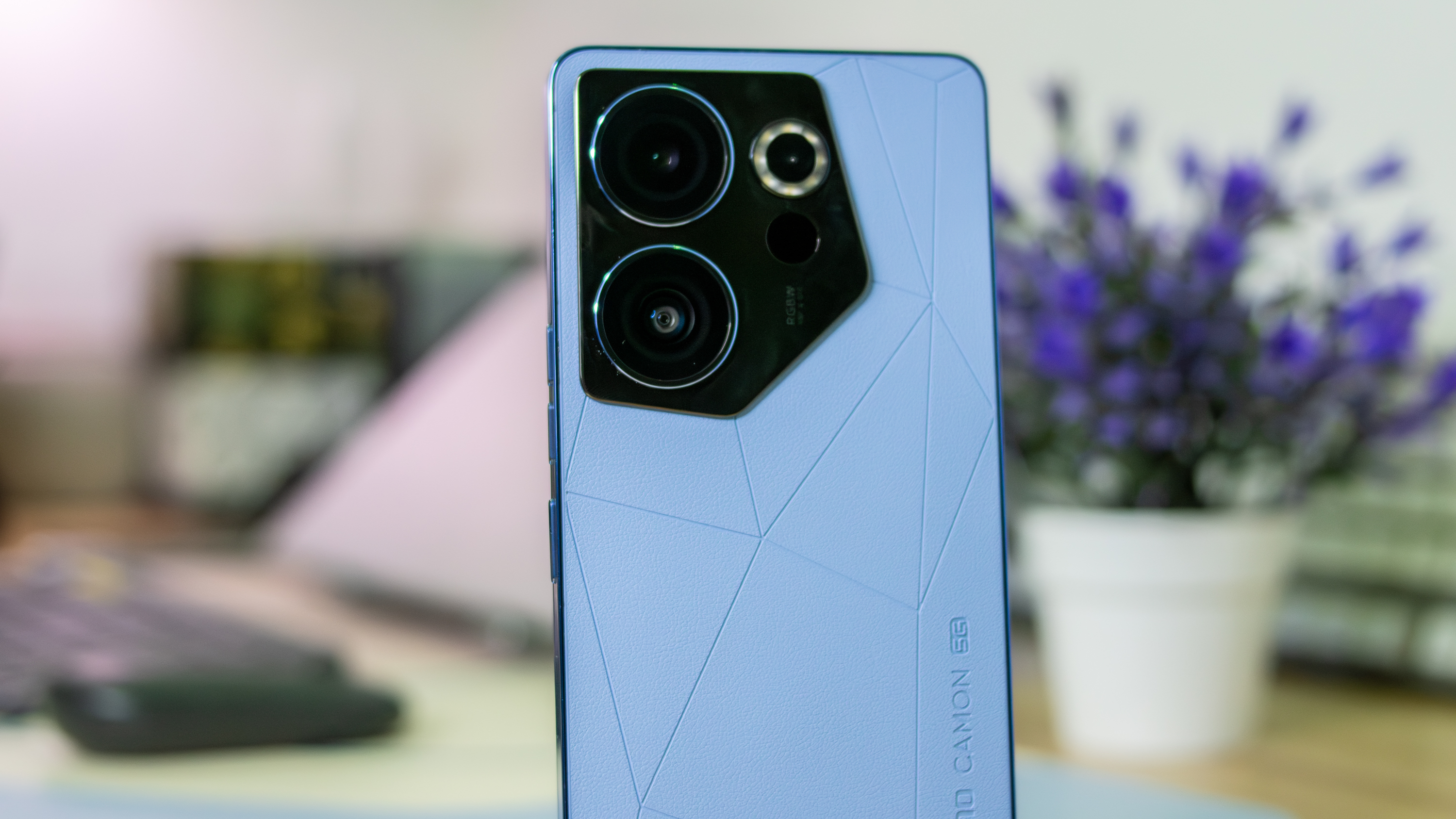
You should buy them if...
- You wish to have a stunning smartphone display without going over budget
- Your priority is a phone screen that is sufficiently bright in the sun
- You adore having a phone that you can use regularly for an entire day
You should not buy them if...
- You hate middling ultrawide and macro cameras
- You're looking for a phone that's eligible to receive software updates over the long term
- You take a lot of selfie pictures
The Tecno Camon 20 Premier and Camon 20 Pro check all the boxes for what I seek in a smartphone in this price range. They've got the looks, decent performance, and a camera setup that's sure to please many buyers.
In a fiercely competitive market of budget Android phones, the Tecno Camon 20 Premier grabs attention as an impressive smartphone. Amidst a sea of excellent devices, it stands out with well-rounded features and capabilities. Whether it's the eye-catching aesthetics, dazzling display, reliable battery life, or smooth performance, this phone delivers a comprehensive and satisfying user experience.
However, there are a few drawbacks. The limited market availability makes it quite challenging to recommend. The same goes for the Pro model.
Moreover, the Pro model here misses out on 5G support (although you can opt for the 5G variant at a higher price). This poses a significant tradeoff, especially for the young and tech-savvy user base looking for a new device.
Dynamic device
The Tecno Camon 20 Premier makes a bold statement as a standout budget smartphone. It rises above the rest with its well-rounded features and capabilities. From its eye-catching aesthetics and dazzling display to its reliable battery life and smooth performance, this phone offers a comprehensive and satisfying user experience.







